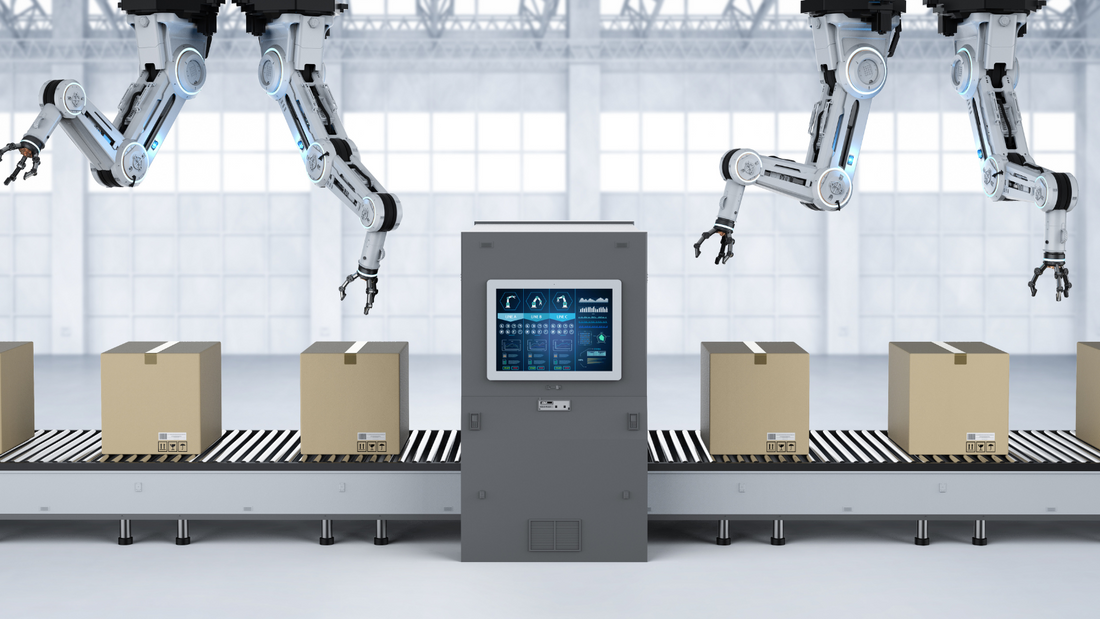The Role of AI in Industrial Automation
In today's rapidly evolving industrial landscape, the integration of artificial intelligence (AI) into automation processes has become increasingly prevalent. This transformative technology is revolutionizing the way industries operate, enhancing efficiency, productivity, and safety across various sectors.
Introduction to AI in Industrial AutomationArtificial intelligence refers to the ability of machines to perform tasks that typically require human intelligence. In industrial automation, AI algorithms are employed to analyze vast amounts of data, make real-time decisions, and optimize processes with minimal human intervention.
Enhanced Efficiency and ProductivityOne of the primary benefits of AI in industrial automation is its ability to improve efficiency and productivity. AI-powered systems can optimize manufacturing processes by identifying patterns, predicting equipment failures, and streamlining workflows. This results in reduced downtime, increased throughput, and higher overall productivity.
Real-time Monitoring and Predictive MaintenanceAI enables real-time monitoring of equipment and production processes, allowing for early detection of potential issues. By analyzing data from sensors and other sources, AI algorithms can predict equipment failures before they occur, enabling proactive maintenance measures to be implemented. This predictive maintenance approach minimizes unplanned downtime and reduces maintenance costs, ultimately improving operational efficiency.
Quality Control and InspectionAI technology plays a crucial role in quality control and inspection processes within industrial settings. Machine learning algorithms can analyze images and sensor data to identify defects and anomalies in products with remarkable accuracy. This ensures that only high-quality products reach the market, reducing waste and enhancing customer satisfaction.
Safety and Risk MitigationAI-powered systems contribute to enhanced safety in industrial environments by identifying potential hazards and implementing preventive measures. Through real-time monitoring and analysis of data, AI algorithms can detect safety breaches, such as equipment malfunctions or deviations from safety protocols, and trigger immediate responses to mitigate risks.
ConclusionIn conclusion, the integration of AI into industrial automation processes offers significant benefits, ranging from enhanced efficiency and productivity to improved safety and risk mitigation. As industries continue to embrace AI technology, the possibilities for innovation and optimization are endless.














































































































